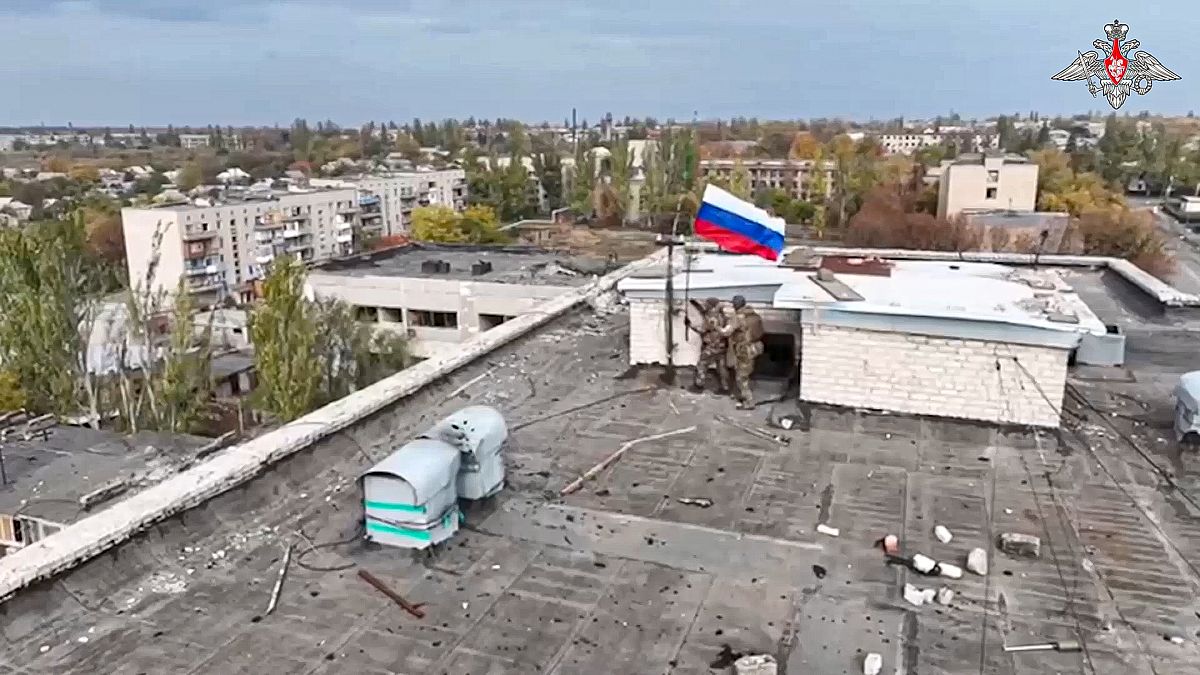Russian forces have successfully captured and occupied three settlements in eastern Ukraine as part of their ongoing push to gain control of the entire Donetsk region. The recent captures include Selydove, which has been under intense Russian pressure in the past few weeks. The Ukrainian military has been able to repel Russian attempts to break through their defences in the area, but the situation remains tense.
Selydove, an important staging area for Ukrainian troops located south of the city of Pokrovsk, is now under Russian control. The UK Defence Ministry has noted that the pace of Russian advances towards Pokrovsk has slowed down since Moscow intensified its assault on Selydove in October. The E50 highway connecting Selydove and Pokrovsk is likely to serve as a secondary route for the Russian forces to advance towards their ultimate target.
The Institute for the Study of War think tank has pointed out that Moscow’s focus on capturing Selydove has come at the expense of its ability to sustain a meaningful offensive drive on Pokrovsk. The capture of Selydove has likely exhausted Russian forces and diminished their combat capabilities. Military observers have observed a significant increase in Russian advances since September, possibly due to orders from the Russian command to intensify their mechanized attacks before the onset of muddy ground conditions.
The situation in eastern Ukraine remains fluid as Russian forces continue their advances in the region. The capture of key settlements like Selydove is a strategic victory for Moscow, but it has also strained their resources and capabilities. The Ukrainian military is facing challenges in defending against the Russian offensive, particularly as Moscow intensifies its attacks in key areas. The coming weeks will be crucial in determining the outcome of the conflict in eastern Ukraine.
The Russian occupation of Selydove has raised concerns about the potential for further escalations in the conflict. The capture of the settlement has shifted the dynamics of the conflict and posed new challenges for both Ukrainian and Russian forces. The international community is closely monitoring the situation in eastern Ukraine, as any escalation of hostilities could have far-reaching consequences for regional security.
As Russian forces continue their advance in eastern Ukraine, the situation on the ground remains volatile. The capture of key settlements by Moscow has altered the balance of power in the region and raised questions about the eventual outcome of the conflict. The Ukrainian military, supported by international partners, remains determined to defend its territory against the Russian offensive. The coming days will be crucial in determining the fate of the Donetsk region and the broader conflict in eastern Ukraine.










